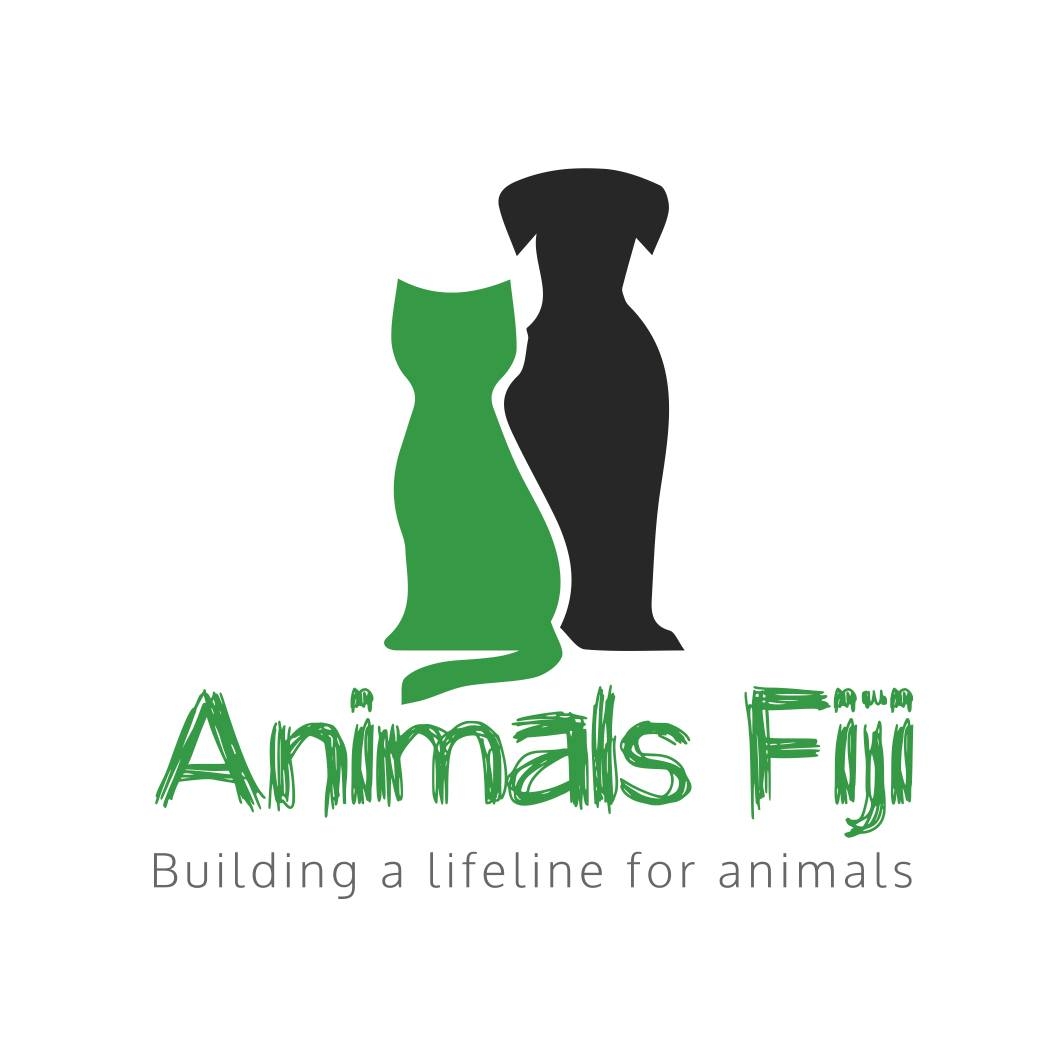Animals Fiji co-founder and trustee Casey Quimby says a threshold of 80 to 100 dogs is being set for desexing in today’s joint dog outreach clinic at Lautoka’s Shirley Park.
Desexing and basic check-up services will be provided free of charge, with four surgeons performing procedures from 8.30am to 5pm.
Ms Quimby said the initiative would address dog overpopulation in densely-populated areas, including the Tavakubu Ward.
“We’ve been conducting two types of surveys in Lautoka, specifically in Tavakubu Ward, since 2022. While applying for grants, we collected data to better understand the situation,” she said.
“First, we did door-to-door surveys to understand public attitudes, what people know, how they feel, and how they interact with dogs, a method called KAPs (knowledge, attitude and practice).
Ms Quimby said the second survey involved manual dog counts carried out by an Animals Fiji team in 2023 and repeated recently to assess changes in the dog population.
“We’re doing them again while our Lautoka clinic is happening.
“So, in the Tavakubu Ward on Saturday (today), we hired casual people from Fiji National University, or Uni-Fiji, to come and do door-to-door surveys.”
Ms Quimby said the Agriculture Ministry has allocated $300,000 for dog population management in its new budget, which will fund the upcoming outreach clinic.
“So, they’re paying Animals Fiji a $50 fee, the other $250 is being covered by our charity organisation.
“If there’s anything that can’t be done, we’ll triage it and send it to the Nadi clinic because Lautoka City Council will transport dogs and the Agriculture Ministry will do some trapping.”
Ms Quimby said overpopulation was an issue faced across the board for cats and dogs.
She said two outreach clinics would be conducted on October 8 and 9 in Sigatoka with five more to be done the following week in Savusavu.
Lautoka City Council’s head of services Shalend Singh said the existing Dog Act was archaic and needed an urgent review due to its hefty deterrent fines and vague guidelines on the responsibility of pet owners, the powers of councils, and the MoA and licensing conditions.
“The increasing dog population, especially strays, is a genuine concern for citizens, with the council receiving complaints like dog attacks, bites, noise nuisance, diseased dog issues, dog accidents, and dog cruelty.”
Mr Singh said this included pet owners not caring for their dogs and the smell of dog faeces.



